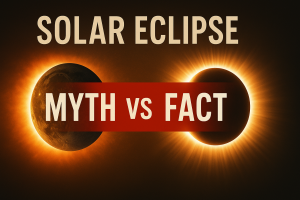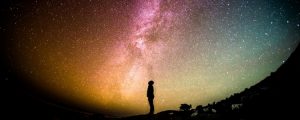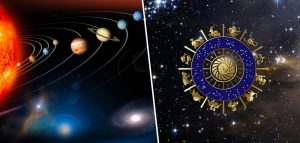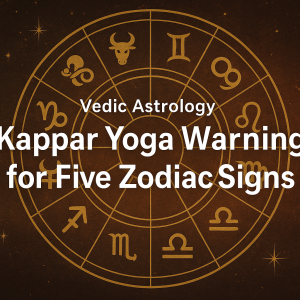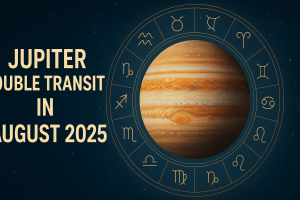What Is Cosmology
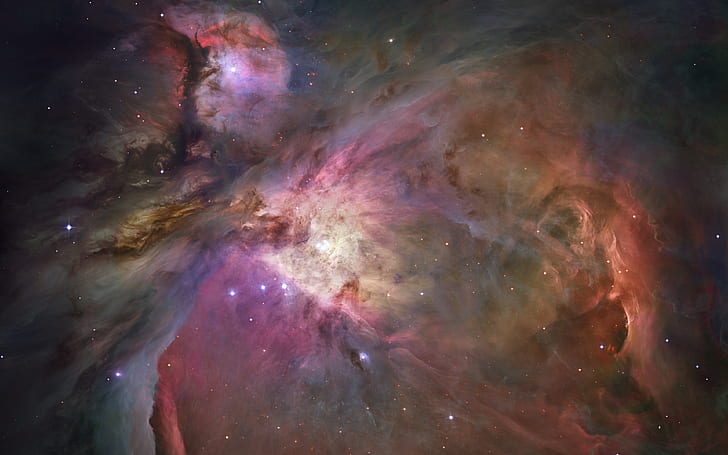
The term is thrown around nonchalantly in social circles when people talk about the stars, but what exactly is cosmology and what do we learn from it? Is the Universe as we see it really there? And if not, why do we think that it is? How do you study cosmology? We will examine these questions and look into some interesting topics about cosmology and what we can learn from it.
The Cosmology Arena
A cosmologist is a scientist who studies cosmology; they study the properties of space-time, the universe, and everything in between. They look at how the cosmos evolved and how it all works within the limits of normal science. A cosmologist tries to define what is beyond the accepted laws of science by looking into the cosmos and the secrets that lie therein. They look for what scientists can not observe and define. They look for what science can explain but cannot find.
The study of cosmology deals with studying celestial objects and how they affect the very laws of physics that we work with every day. For example, light emitted from stars has been measured to be a way that we can test the stability of our universe. By using telescopes, the astronomers have been able to determine that our solar system is not in a stable orbit around a star, but is in a very high state of activity around a companion star.
Astronomy deals with the observation and study of celestial objects, both visible and invisible to the human eye. It includes the study of celestial objects through telescopes and satellites. Astronomy and cosmology are often used to describe the similarities and differences between two celestial bodies. In astronomy, objects of interest are labeled either satellites or planets. These labels help us distinguish between celestial objects that are of interest only to scientists and those that are of interest to us too.
An Ever-Evolving Science
The study of cosmology also deals with the relationship between astronomy and cosmology. For example, when an astronaut goes to space, he is actually traveling in a different time zone to the one that existed on Earth. This time zone difference creates an optical illusion known as a delayed shock. This is because the astronauts see the stars and planets appear to move faster than the speed of light, which is slower than the speed of the Universe.
What is cosmology further explained is the fact that there is more to the universe than what we can see with the naked eye. For example, our Milky Way galaxy contains many billions of stars that make up a surprisingly large part of the universe. In addition, our solar system consists of 7 planets. Astronomy has determined that these planets have their own satellites that orbit around them. These satellites act as “eyes” by helping to scout out other possible star systems and passing by other celestial bodies. They also send signals back to Earth, allowing us to know of other celestial activity.
Cosmology deals with the study of all the evidence that we have gathered from observation of the universe. It’s not enough to have a theory of what the universe is made of-we must also have a theory of how it came to be. Astronomy and cosmology have long worked hand in hand, building each other up from the bottom up. It is through this study that we also learn about the future of the universe-will it expand or contract, or perhaps it will remain static?
How can science tell us what the answers to these questions are? Astronomy and cosmology have had a history going back at least 100 years. Each day, new discoveries about the universe are made, which adds to the wealth of knowledge that exists about it. Some people think that modern astronomy and cosmology are separate endeavors, but the truth is that they are part of the same larger field of science known as Astronomy. Astronomy has helped us better understand the universe, and that understanding is essential if we are to survive and enjoy life on earth.
